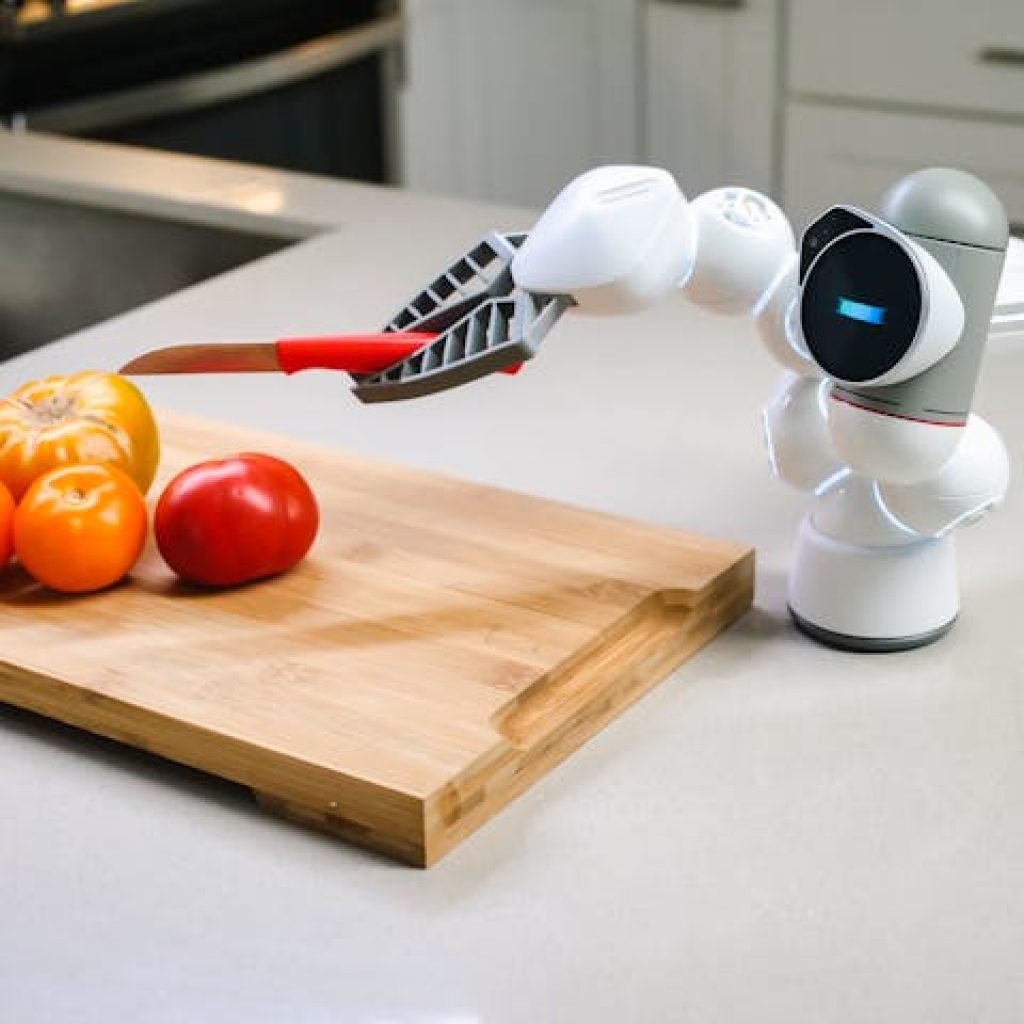AI Future: Essential Skills to Survive
In the rapidly evolving landscape of artificial intelligence, the future is no longer a distant concept but a reality that is reshaping industries and redefining roles. As AI continues to advance, there is a growing anxiety about its impact on jobs and the skills required to thrive. However, rather than viewing AI as a threat, it’s an opportunity to embrace new abilities that complement its capabilities. This article explores the essential skills you need to navigate the AI-driven future confidently, focusing on areas where human ingenuity and creativity will always hold value.
The Role of AI in Shaping Future Skills
Artificial Intelligence is revolutionizing the way we live and work, but it doesn’t mean humans will become obsolete. Instead, AI is a tool that can enhance our efficiency, allowing us to focus on more complex and creative tasks. For instance, AI tools like IBM Watson are transforming industries by analyzing vast datasets quickly, but it’s the human touch that interprets and applies these insights effectively.
Critical Thinking and Problem-Solving
In an AI-driven world, critical thinking is more crucial than ever. While AI can process data, it lacks the nuance to fully understand context or make ethical judgments. Developing strong critical thinking skills enables you to question AI-generated conclusions and look for biases or errors.
AI models like GPT-4 excel in pattern recognition and logic, but they don’t possess true understanding. Employing critical thinking helps you identify when AI’s conclusions miss the mark, ensuring decisions are well-rounded and thoughtful.
Creativity and Innovation
Creativity is a human hallmark that AI struggles to replicate. While AI can generate content—such as music or art through platforms like DALL-E—it doesn’t create with intention or emotional depth. Embracing creativity allows you to craft innovative solutions that AI can’t conceive, keeping you indispensable in any industry.
AI serves as a catalyst for creativity, offering tools that expand our possibilities. For example, AI-assisted design software can prototype ideas, but it’s human creativity that turns these prototypes into meaningful innovations.
Emotional Intelligence and Empathy
Emotional Intelligence (EI) is pivotal in a world where machines handle routine tasks. AI lacks emotions, so skills like empathy, communication, and conflict resolution become more valuable. Professions requiring human connection—like counseling or teaching—will rely on EI to add personal touches AI can’t provide.
AI can support EI by analyzing behaviors, but it’s humans who use this data to build meaningful relationships and make decisions that resonate emotionally.
Adaptability and Lifelong Learning
The AI revolution demands adaptability. As technology evolves, new tools and methods emerge, requiring a commitment to continuous learning. Embrace change by staying updated on AI advancements and expanding your skill set, ensuring you remain relevant.
Lifelong learning is essential. Whether upskilling in data science or exploring emerging tech, adaptability ensures you navigate the changing job market with confidence.
Data Literacy and Technical Skills
Understanding AI’s capabilities and limits is key. Data literacy, the ability to interpret and work with data, becomes crucial as AI processes information. Basic programming skills can also empower you to work alongside AI tools effectively.
AI doesn’t replace the need for technical skills; it heightens it. For instance, machine learning experts and cybersecurity professionals are in demand to manage AI’s ethical use and security risks.
Collaboration Between Humans and AI
The future isn’t about human vs. AI, but collaboration. AI excels at processing data, while humans bring creativity and judgment. Together, we can achieve remarkable results, from medical research to autonomous vehicles, by combining strengths.
Leverage AI as a tool to enhance your work, freeing you to focus on strategic and innovative tasks.
Ethical Awareness and Responsibility
As AI becomes integral to decision-making, understanding ethics is crucial. AI can perpetuate biases if not programmed carefully. Being aware of these issues ensures responsible use, making ethical reasoning a vital skill.
Key Takeaways
– Critical Thinking: Enhance your ability to analyze and question AI outcomes.
– Creativity: Use AI as a tool to fuel innovation.
– Emotional Intelligence: Leverage human empathy in a tech-driven world.
– Adaptability: Commit to lifelong learning and embracing change.
– Technical Skills: Stay data literate and understand AI’s potential.
– Collaboration: Work alongside AI to achieve more.
– Ethics: Ensure responsible and fair AI use.
Conclusion: Embrace the AI Future with Confidence
The AI future is here, and while it brings challenges, it also offers immense opportunities. By mastering skills like critical thinking, creativity, and emotional intelligence, you position yourself to thrive. Embrace AI as a partner, not a competitor, and focus on qualities that make us uniquely human.
The key to navigating this new world is adaptability and a commitment to learning. AI will undoubtedly change how we work, but it’s our skills and resilience that will define our success.
Explore More Insights
Curious about the latest tech trends and innovations? Visit TechyPot.com for in-depth guides and expert insights to stay ahead in the digital age. From robotics to cybersecurity, we cover it all.



